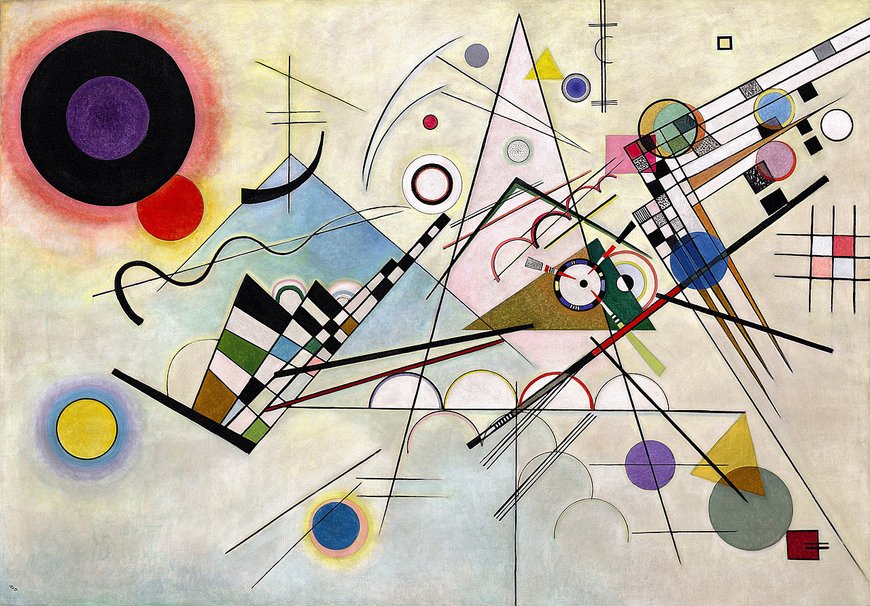The term Modernism refers to a global movement in society and culture which sought the departure from traditional forms of thinking in favour of the creation of new forms of art, philosophy, and social organisation.
Reflecting the transformations in western society during the late 19th and early 20th centuries and the newly emerging industrial world provided the impetus to depart from traditional forms of art, which proponents of the modernist movement considered obsolete. In politics, Modernism was characterised by utopian ideas, visions of human progress, and idealism.

Modern art is generally understood to encompass the succession of art movements which art historians have identified since the realism of Gustave Courbet in the middle of the 19th century and culminating in abstract art in the 1960s. Not all the work produced during the modern period is covered by the style of Modernism. However, a plethora of movements such as Post-Impressionism with proponents like Paul Cézanne, Georges Seurat, and Vincent van Gogh; Fauvism pioneered by Henri-Matisse; Cubism associated with Pablo Picasso and Georges Braque; Futurism; Vorticism; Constructivism; Suprematism; De Stijl; Dada; and Surrealism are widely regarded to have been formed under the modernist umbrella.
These movements share the following principles:
- rejection of traditionalism and conservative values, such as the realistic representation of subjects;
- emphasis on art techniques and processes;
- experimentation with and abstraction of form, line, colours, and materials.
As a reaction against the ideas and values of modernism, especially idealism, the belief in universal truths, and objective reality, postmodernism was born in the 1960s and 1970s, characterized by scepticism and suspicion of reason.
